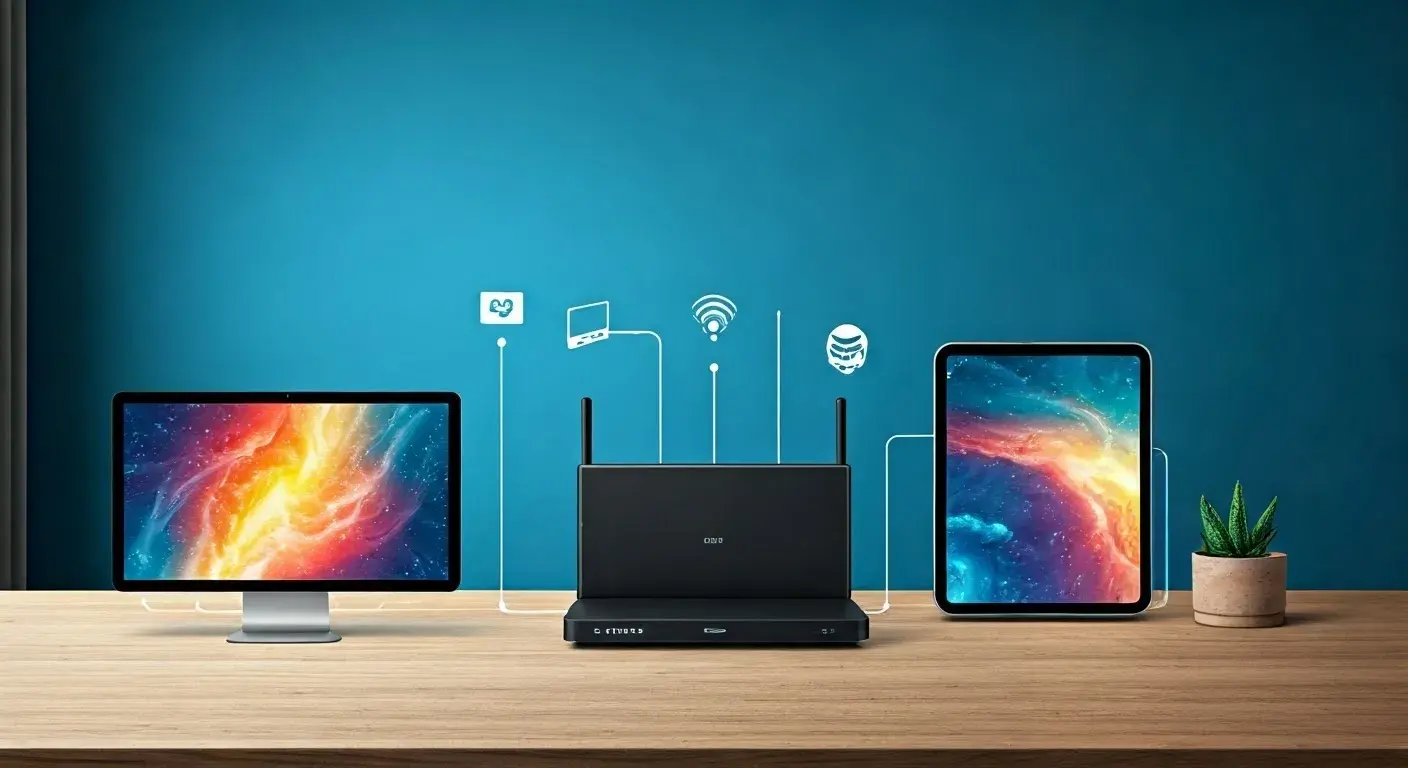Speed Showdown: AT&T Internet Air vs Verizon 5G Cube

Unboxing and Testing the AT&T Internet Air All Hub
In today’s digital age, reliable internet connectivity is crucial for both personal and professional tasks. This blog post provides a detailed unboxing and performance comparison of the AT&T Internet Air All Hub with the Verizon 5G Internet box.
Unboxing the AT&T Internet Air All Hub
Upon receiving the AT&T Internet Air All Hub, the first impression is its impressive size and weight. The box itself is substantial, and the hub feels robust and well-constructed. The rear of the device features several ports, including a power socket, a USB port, a reset button, and both gigabit and 10 gigabit Ethernet ports.
The packaging also includes a power supply and initial setup instructions, accessible via a QR code. A notable design feature is the presence of a WPS button, which is less frequently used but still a valuable addition.
Initial Setup Process
Setting up the AT&T Internet Air All Hub appears straightforward. After connecting the device to a power source, a green light indicates power, while a white light signifies the unit is operational. Accessing the Wi-Fi network is the next step, where the device name and password are conveniently displayed.
However, during the initial connection attempt, a “no internet connection” message was displayed. This prompted a scan of the provided QR code to assist with the setup process through the Smart Home Manager app. After a few moments, the app successfully initiated the setup, which is expected to take around 20 minutes.
Performance Testing: Speed Tests
Once connected, the focus shifts to performance. Initial speed tests showed download speeds of approximately 225 Mbps, with upload speeds of around 16 Mbps. Subsequent tests yielded similar results, highlighting a potential limitation in the current Wi-Fi setup, rather than the hub itself.
To provide a clear comparison, tests against the Verizon 5G Internet box were conducted. Initial results for the Verizon box showed speeds of about 200 Mbps down and 15 Mbps up. Throughout the testing, the AT&T Internet Air consistently outperformed the Verizon 5G box in terms of speed, making it a compelling option for users needing robust connectivity.
Side-by-Side Hardware Comparison
The hardware distinctions between the AT&T Internet Air and Verizon 5G Internet box are noteworthy. The AT&T unit, while larger and heavier, offers advanced features such as a higher-powered supply and dual Ethernet ports, enhancing its versatility for various connectivity needs.
Conversely, the Verizon box is more compact and easier to place in tight spaces, but it lacks some of the features that may benefit users seeking a more powerful solution.
Conclusion
The performance tests and hardware evaluations indicate that the AT&T Internet Air All Hub currently provides better speed and overall value compared to the Verizon 5G Internet box. For those prioritizing upload speeds for tasks like large file transfers, the AT&T hub emerges as the clear winner. Additionally, its pricing structure promises cost savings over time.
In conclusion, the AT&T Internet Air All Hub is a commendable choice for users seeking reliable and fast internet connectivity, particularly for those with heavy upload requirements. As the digital landscape evolves, choosing the right internet solution is vital, and this comparison underscores the advantages of AT&T's offering.





